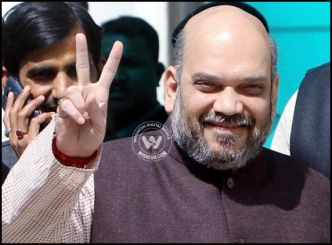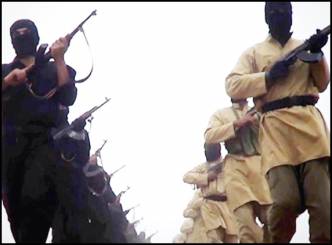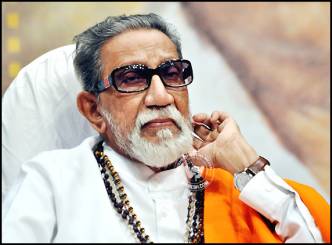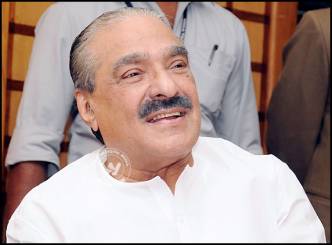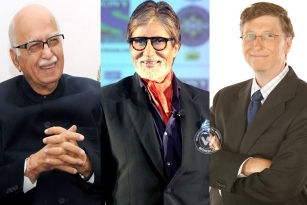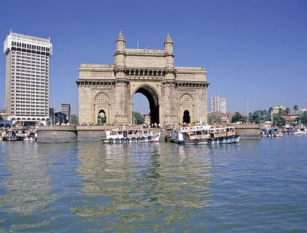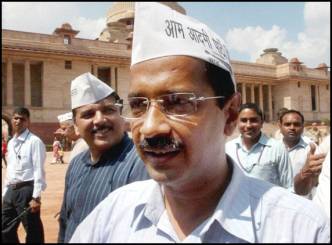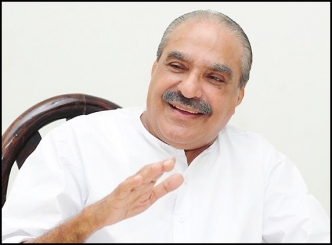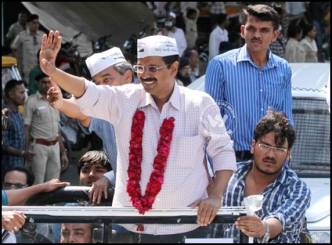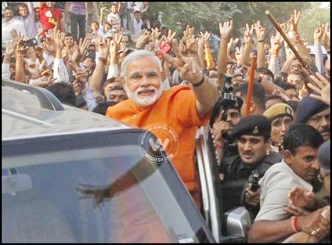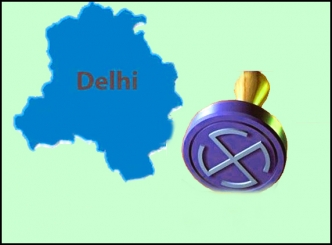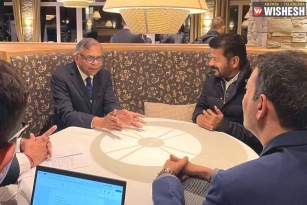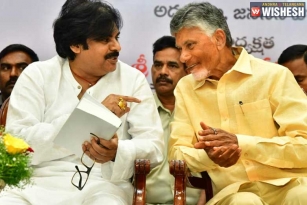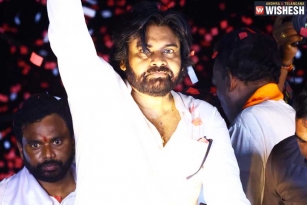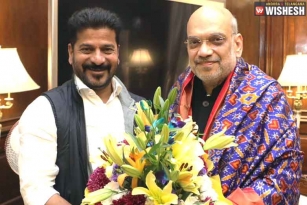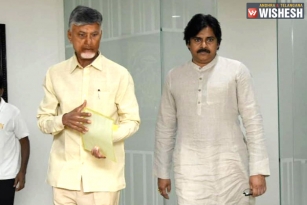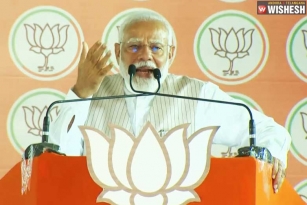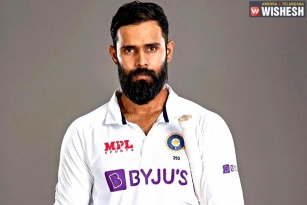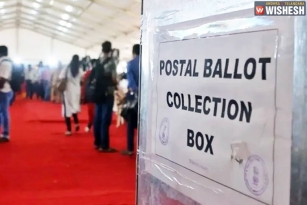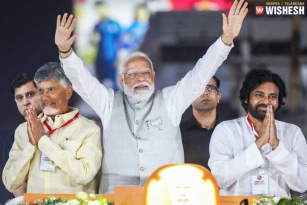
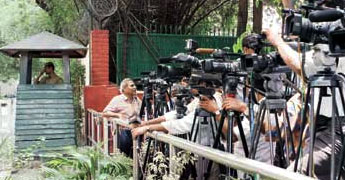 The journalists of India walk mostly on tight ropes and could fall either ways, the fall would result in issues of concern. With heart full of expressions and the anxiety to let the world know the hidden truths, the tribe treads on a wafer thin line of security which is detrimental in the hands of power.
The journalists of India walk mostly on tight ropes and could fall either ways, the fall would result in issues of concern. With heart full of expressions and the anxiety to let the world know the hidden truths, the tribe treads on a wafer thin line of security which is detrimental in the hands of power.
The Supreme Court on Monday dismissed the Delhi police's bid to prosecute the two journalists who had conducted the sting operation, which led to the expulsion of 11 MPs in the cash-for-questions scam in 2005. The judgment similar to the one issued by the Delhi high court ruling that corruption can be exposed by undercover journalists without informing authorities has attained finality, in 2010.
The SC agreed with the HC view that if the journalists had taken the police into confidence about their operation to expose MPs accepting bribes to ask questions in Parliament, "the respective MPs would have been given information by the police beforehand and would have been cautioned about the entire operation." The police had tried to implicate the journalists on the ground that every person aware of the commission of an offence was obliged to inform the nearest police officer.
The implication of the apex court’s decision is that undercover journalists can well claim immunity under Section 24 of the Prevention of Corruption Act which stipulates that a statement made somebody who offered a bribe to a public servant "shall not subject such person to a prosecution" on the charge of abetting the offence. This is the first time the SC was to decide if they should be tried.
It may be noted in 2005, Parliament expelled 11 members — 10 from the Lok Sabha and one from the Rajya Sabha — whose conduct was found to be "unethical and unbecoming" of Members of Parliament. For the first time in the annals of Parliament, the membership of the 11 MPs was terminated by voice vote, 11 days after the sting operation on the cash-for-questions scam hit the headlines.



